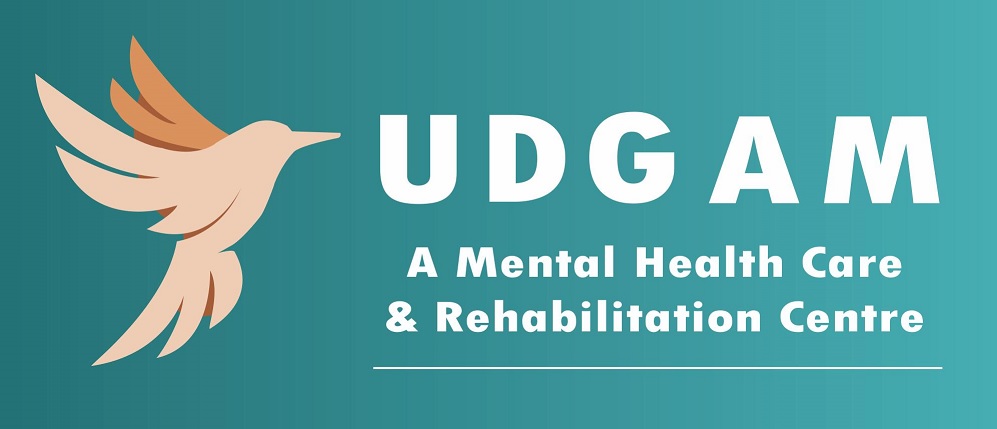Occupational Therapy for Children
Occupational therapy for children is a specialized healthcare service that focuses on helping children develop the skills they need to participate in everyday activities and improve their overall quality of life. Occupational therapists (OTs) work with children who may have physical, cognitive, sensory, or behavioral challenges that impact their ability to perform age-appropriate tasks and activities.
Here are some key aspects of occupational therapy for children:
1. Evaluation and Assessment: Occupational therapists first assess a child's abilities, strengths, and challenges. This assessment may include observations, standardized tests, interviews with parents and caregivers, and consultations with other healthcare professionals.
2. Individualized Treatment Plans: Based on the assessment, OTs develop individualized treatment plans tailored to each child's specific needs and goals. These plans are designed to help children acquire or improve the skills necessary for daily activities.
3. Sensory Integration: Some children may have sensory processing issues, where they have difficulty processing sensory information from their environment. Occupational therapists use sensory integration techniques to help children regulate their sensory responses and improve their ability to engage in activities.
4. Fine and Gross Motor Skills: OTs work on developing fine motor skills, such as handwriting, cutting with scissors, and buttoning clothes, as well as gross motor skills like balance, coordination, and body awareness.
5. Activities of Daily Living (ADLs): Occupational therapists help children with self-care tasks, such as dressing, grooming, feeding, and toileting. They may use adaptive equipment and techniques to promote independence in these areas.
6. Play-Based Therapy: Play is a natural way for children to learn and develop. Occupational therapists often use play-based activities and games to engage children in therapy while addressing their specific goals.
Occupational Therapist at Udgam
We take our patients' safety and beneficence as our priority. while we understand that not every child is the same and has a different capacity, it does not deter us from providing the best care for them.
7. Behavioral and Emotional Support: Occupational therapists can assist children in managing emotional and behavioral challenges, including anxiety, frustration, and sensory-related behaviors. They may teach coping strategies and self-regulation techniques.
8. Home and School Collaboration: OTs often work closely with parents, teachers, and other caregivers to provide recommendations and strategies for supporting a child's development and participation in school, home, and community settings.
9. Adaptive Equipment and Assistive Technology: When necessary, occupational therapists may recommend and provide adaptive equipment or assistive technology to help children overcome barriers to participation.
10. Progress Monitoring: Progress is continuously monitored, and treatment plans are adjusted as needed to ensure that children are making improvements and achieving their goals.
Occupational Therapy: Autism, ADHD, Pediatric, Neurodevelopmental and ADL(activities of daily living)
Occupational therapy for children can benefit those with a wide range of conditions, including autism spectrum disorders, sensory processing disorders, developmental delays, physical disabilities, and more. It aims to maximize a child's potential and enhance their ability to engage in meaningful activities, ultimately promoting independence and a better quality of life. At Udgam we take our patient's safety and beneficence as our priority. while we understand that not every child is the same and has a different capacity, it does not deter us from providing the best care for them.
We employ trained professionals to work with children. They are skilled in the assessment and treatment of various deficits, while also working with children, They know how to handle tantrums, refusal to participate, and emotional upsets that children display while coming to therapy. Our therapists feel a great sense of gratitude for empowering children to become more self-sufficient in both daily life and school activities.
As Parents, you have to do a lot when it comes to mentally preparing your child for a session. So while our therapy is important, we also believe that parenting skills training is important as well.
As every new parent learns how to work with children over time, parents bringing their child to OT also need some training to help them work with their children. We aim to guide parents successfully in dealing with their stressors. We recognize the hard work that goes into parenting your child, and the personal stressors that come with it. So, while parental skills training may include skills to work with your child, it also includes ways to help yourself remain calm and informed.
[bookly-form]

